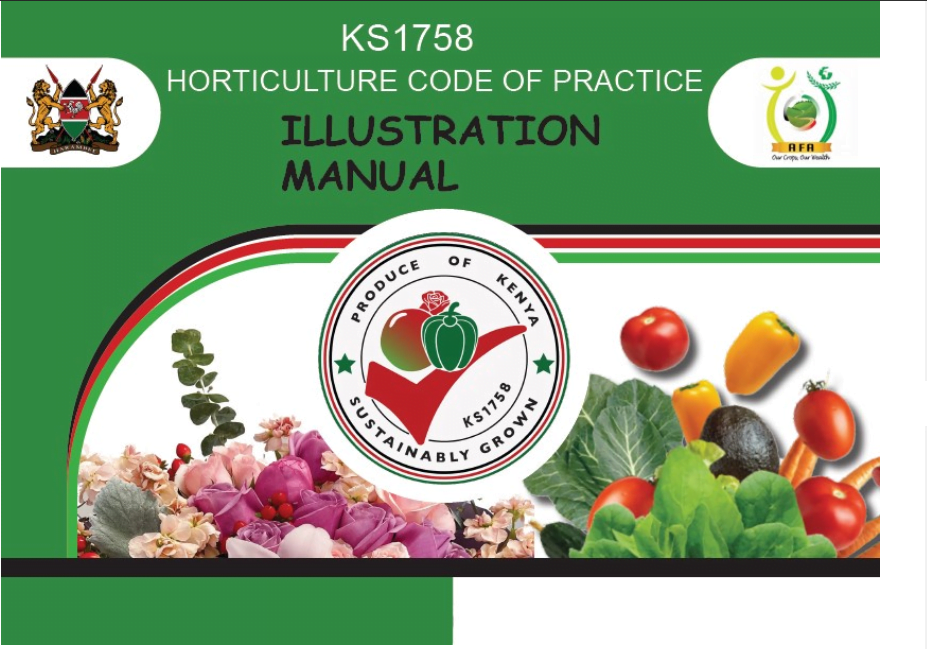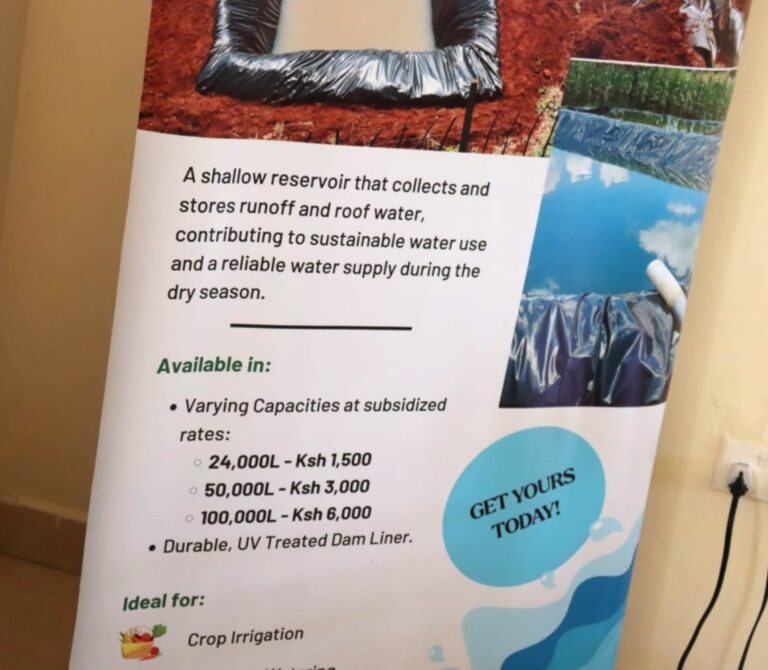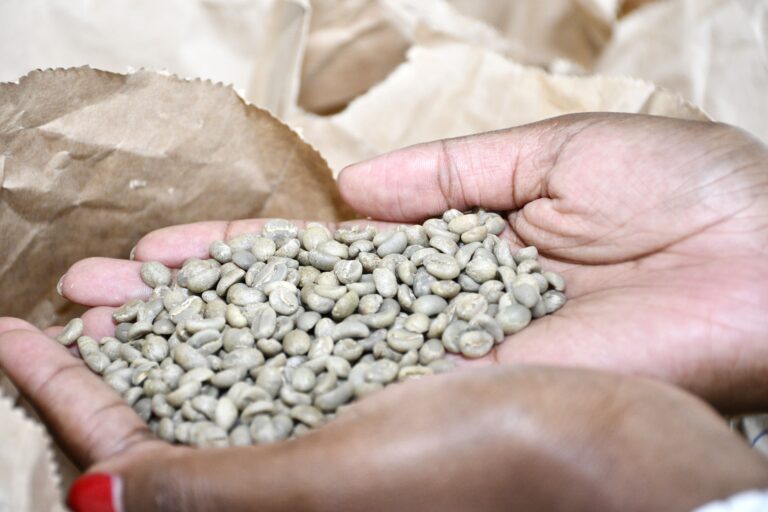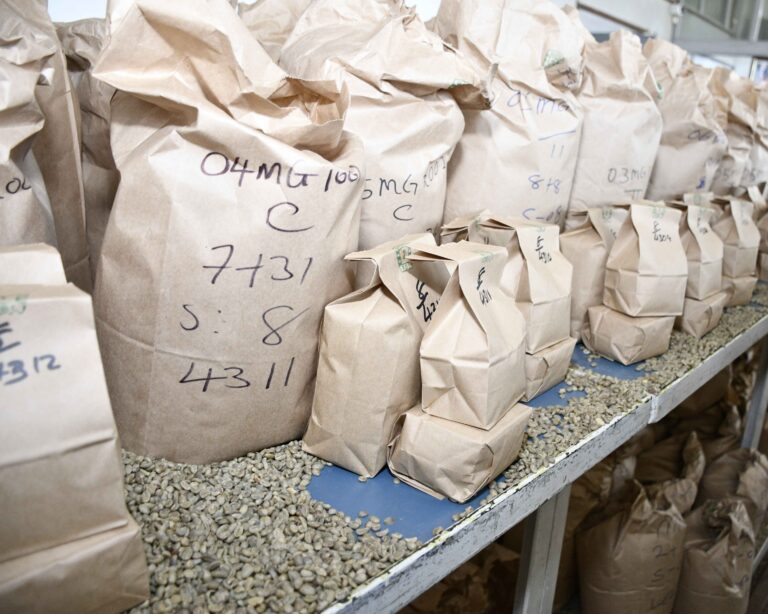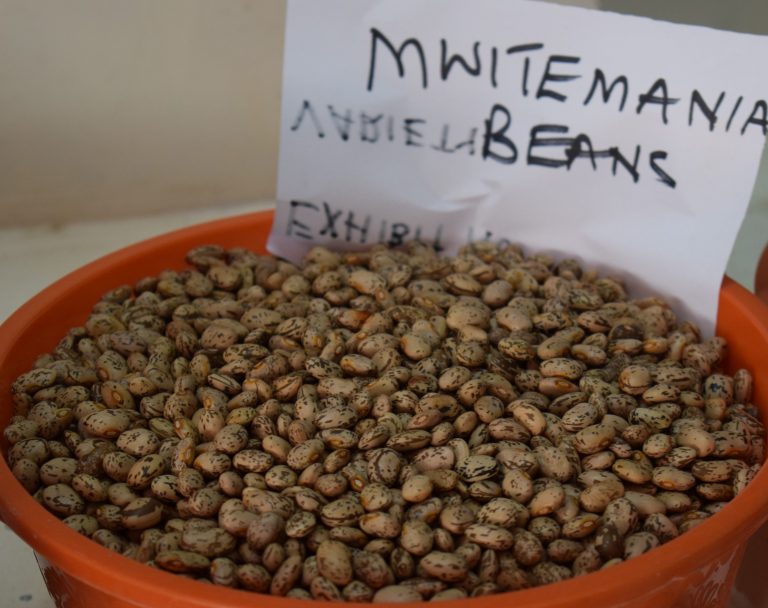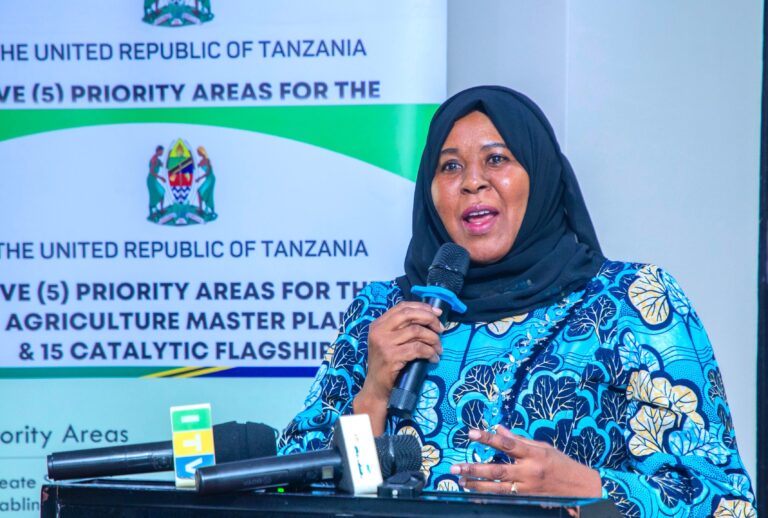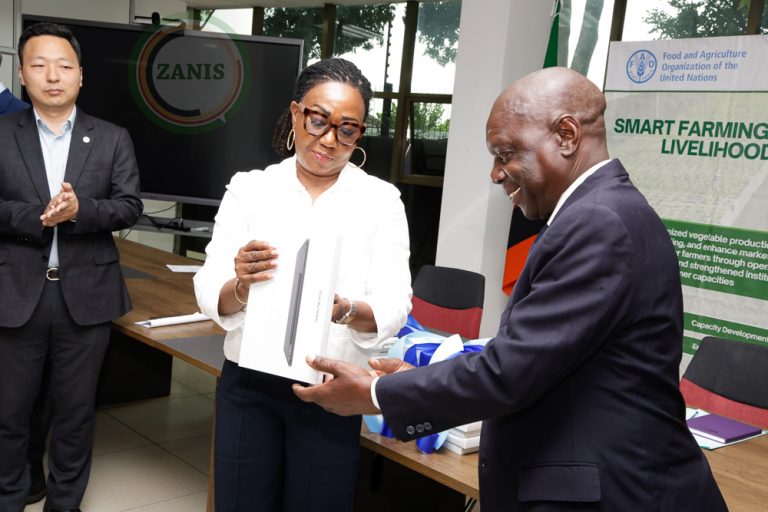The new safety rules for horticulture farming outlined in Standard KS 1758 are not mandatory for all farmers but voluntary according to the Agriculture and Food Authority (AFA).
KS 1758 is the National Horticulture Code of Practice developed by the Kenya Bureau of Standards (KEBS) in collaboration with the horticulture industry. It stipulates the hygienic and safety requirements during the production, handling and marketing of flowers & ornamentals, fruits, vegetables, herbs and spices. The standard applies to all operators in the horticulture value chain including but not limited to breeders, propagators, producers, consolidators, traders, shippers, and cargo handlers for local, regional and international markets. Producers who adopt KS 1758 are assured that the fresh produce they produce meets the minimum quality standards set by the Kenyan government. This reduces the risk of producing low-quality or adulterated products.
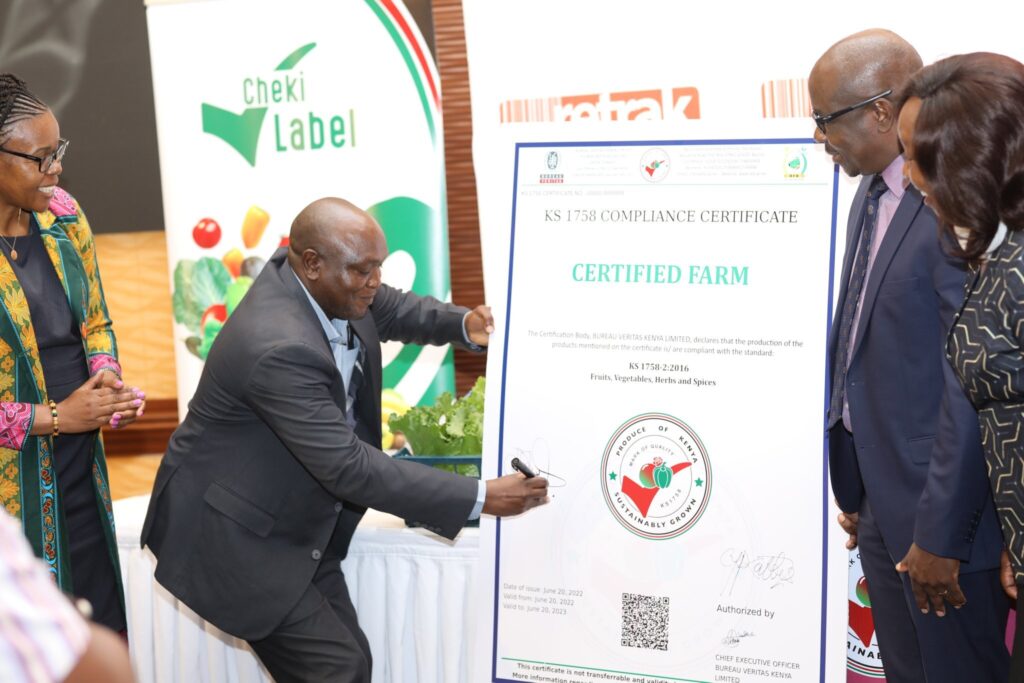
The Standard is administered by the Executive Committee which has membership from both public and private sector players. KEBS is the custodian of the Standard, Agriculture and Food Authority – Horticultural Crops Directorate (AFA-HCD) is the enforcer, while the industry is the user.
The Standard was first released in 2004 but no implementation took place up to 2014 when food safety concerns became more prominent globally. The Standard has therefore been in use since 2014 on a voluntary basis, and AFA says those who have been Certified to this Standard have recorded benefits.
Exported horticultural produce undergoes strict production and handling procedures to ensure they meet the safety and quality requirements of the importing countries. At the local level, there have been food safety and quality concerns on domestically produced and consumed fruits and vegetables. This points to the perception that Kenya has not put in place measures to ensure food safety for locally consumed horticultural produce (which accounts for 95% of total production). The Standard therefore seeks to close this gap by ensuring horticultural produce consumed locally meets the same safety and quality requirements as those that are exported.
The Standard accommodates all farmers (small-scale & large-scale) by seeking to build their capacity on Good Agricultural Practices in production of horticultural produce, whether for the domestic or international markets.
“However, subscription to the Standard is not mandatory, neither are the guidelines of the Standard mandatory for farmers who choose not to subscribe to the Standard. Farmers are therefore free to choose to be certified by the Standard or not, and no farmer is prevented from producing and supplying fruits and vegetables if they choose not to be certified. Equally no trader is prevented from purchasing produce from uncertified farmers. It only means there will be farmers who choose to produce under certification and others without certification. This just provides an opportunity for preference for consumers,” says AFA Director General Dr. Bruno Linyiru.
He adds that at a global level, there are numerous certification Standards for different markets and different market destinations have preference for particular Standards. Certification to any of the Standards therefore gives an advantage of access to those particular markets requiring that Standard.
On the requirements, Linyiru says that it is worth noting that the requirements of some of the global Standards are much more stringent and KS1758, was a domestication of the Global Standard, whose requirements were significantly stepped down to meet the local conditions.
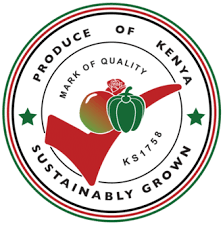
“One of the greatest advantages of the Standard is that there are some global markets that accept produce that meets this Kenyan Standard. As a result, this has given access to Kenyan exporters, to those markets that have accepted the Kenyan Standard. It is also worth noting that this has not made it punitive in any way to those who have not yet subscribed to this Standard,” opines the Director General.
In the Standard, large scale farmers whose farming activities can affect the environment are required to have an environmental impact assessment. This is aimed at ensuring sustainable farming and conservation of the environment and applies only to farmers who choose to be certified under the Standard.
The cost of certification is determined by the certifying body and the level of compliance by the farmer at the point of application for certification. AFA agrees with sentiments by some farmers that the cost may pose a challenge to individual (small-scale) farmers who may desire to be certified. The Authority says that together with private sector players in the industry, they have been seeking support from development partners to support farmer certification.
The Authority and the Executive Committee of the Standard are also encouraging group certification that allows a large number of farmers to share the certification costs observing that this drastically reduces the cost burden for each farmer.


